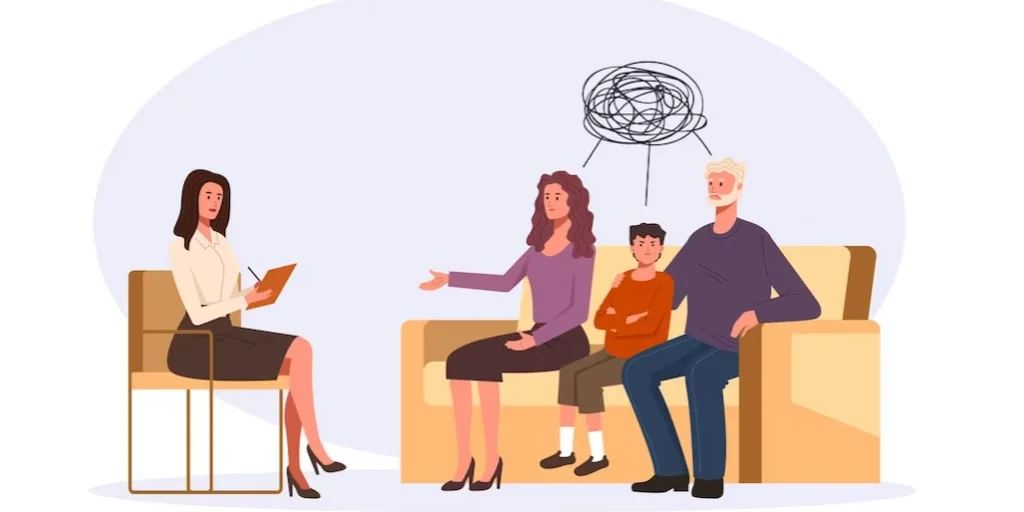24/7 Helpline:
(866) 899-221924/7 Helpline:
(866) 899-2219
Learn more about Group Therapy centers in Gunnison
Group Therapy in Other Cities

Other Insurance Options

Cigna

Evernorth

CareSource

Providence

BHS | Behavioral Health Systems

Horizon Healthcare Service

PHCS Network

Amerigroup

GEHA

Aetna

ComPsych

Ceridian

Health Partners

CareFirst
Beacon

UnitedHealth Group

EmblemHealth

Optima

Excellus

MVP Healthcare

The Center for Mental Health
The Center for Mental Health is a non-profit organization and is governed by a board of directors re...

Teocalli Treatment Options
Teocalli Treatment Options offers outpatient treatmnet for individuals with alcohol and/or substance...

The Center for Mental Health – Crystal Hall
The Center for Mental Health is a non-profit organization and is governed by a board of directors re...































































